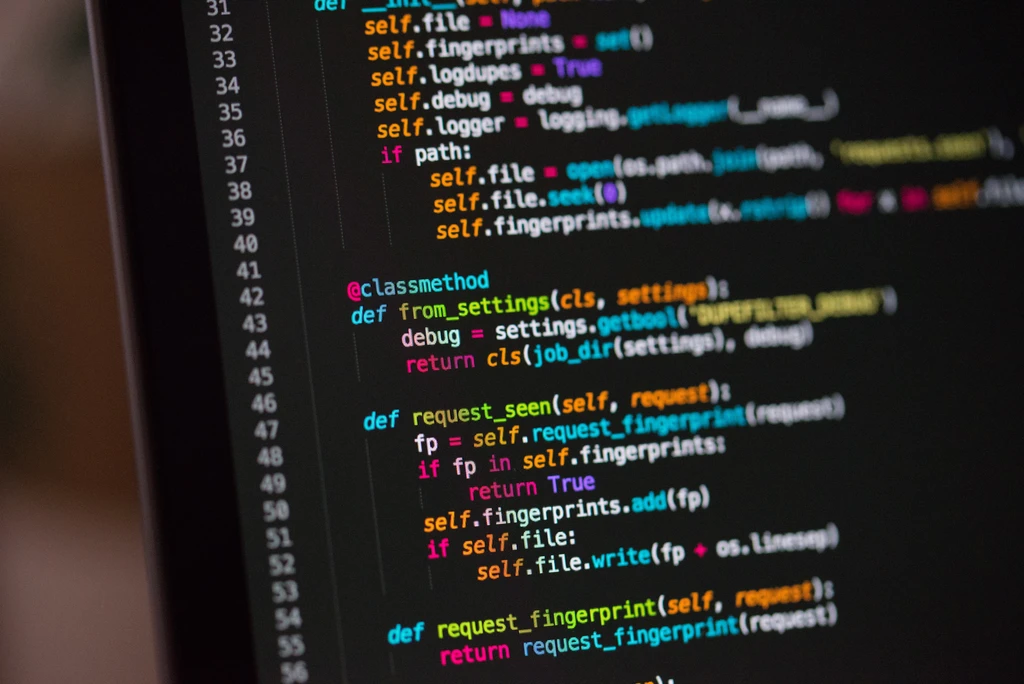Part 2 : DispatchGroup, DispatchSemaphore
So we've seen how to use GCD with one task, but how to deal with multiple tasks ? This is where DispatchGroup is useful.
DispatchGroup
We start by initializing a DispatchGroup, then provide it as an argument to the async method of our dispatch queue.
For example :
let dispatchGroup = DispatchGroup()
someQueue.async(group: group) { /* some work */ }
someQueue.async(group: group) { /* some other work */ }
someOtherQueue.async(group: group) { /* another work */ }
We can see that dispatchGroup is not attached to a single dispatch. That mean we can submit multiple tasks to multiples queues.
When all tasks are done, DispatchGroup will notify us.
dispatchGroup.notify(queue: DispatchQueue.main) { [weak self ] in
print("Tasks completed !")
}
Note that notify take a dispatch queue as a parameter, that mean the closure will be executed in the specified one.
Let's see a more concrete example, for each task, we enter the group, and leave it for each completed task.
import UIKit
class ViewController: UIViewController {
override func viewDidLoad() {
super.viewDidLoad()
let dispatchGroup = DispatchGroup() //Create a group for the tasks.
let session: URLSession = URLSession.shared
dispatchGroup.enter() //Enter the group
let firstTask = session.dataTask(with: URLRequest(url: URL(string:
"a url")!)) { (data, response, error) in
//Process Response..
dispatchGroup.leave() //Leave the group
}
dispatchGroup.enter() //Enter the group
let secondTask = session.dataTask(with: URLRequest(url: URL(string: "another url")!))
{ (data, response, error) in
//Process Response..
dispatchGroup.leave() //Leave the group
}
//When all of the tasks listed above have been done, we get a notification on the Main Thread.
dispatchGroup.notify(queue: DispatchQueue.main) {
print("Every task is complete")
}
//Resume the tasks.
firstTask.resume()
secondTask.resume()
}
}
See how we use the enter and leave, if we forgot to leave after entering, the app will hang forever !
DispatchSemaphore
Ok, we can work with multiple tasks, but imagine that we need to prevent tasks to access the same shared resource, like a read/write a file ? Or limit how many downloads can happen at once ? Using DispatchSemaphore can help us with that.
For example :
func twoTasksAtSameTime() {
print("starting long running tasks (2 at a time)")
let sem = DispatchSemaphore(value: 2) // this semaphore only allows 2 tasks to run at the same time (the resource count)
for _ in 0...7 { // launch a bunch of tasks
DispatchQueue.global().async { // run tasks on a background thread
sem.wait() // wait here if no resources available
defer { sem.signal() } // let the semaphore know this resource is now available
sleep(2) // simulate long task
print("starting long running tasks (2 at a time)")
}
}
}
Here, the app will loop in our for statement 7 times, and during the loop, will wait 2 seconds before running again.
